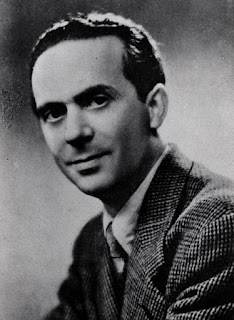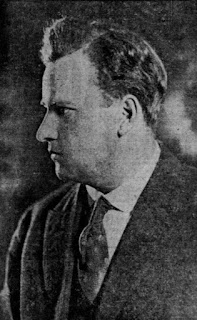First he received his education at the University of Rome
He studied singing under Emilio Piccoli in Milan
In 1929 he made his stage debut at the Teatro Adriano in Rome as Turiddu
in ‘’Cavalleria Rusticana’’
He retired from the stage in 1941
He recorded opera arias and songs for Disco Grammofono
Chronology of some appearances
1929 Roma Teatro Adriano Cavalleria Rusticana (Turiddu)
1931 Roma Teatro Adriano Barbiere di Siviglia (Almaviva)
1932 Macerata Teatro Lauro Rossi Boheme (Rodolfo)
1932 Macerata Teatro Lauro Rossi Cavalleria Rusticana (Turiddu)
1932 Genova Teatro Margherita
Rigoletto (Duca)
1932 Genova Teatro Paganini Rigoletto (Duca)
1932 Genova Teatro Paganini Traviata (Alfredo)
1932 Genova Teatro Margherita Tosca (Cavaradossi)
1932 Genova Teatro Margherita Traviata (Alfredo)
1932 Genova Teatro Modena Tosca (Cavaradossi)
1932 Genova Teatro Modena Traviata (Alfredo)
1932 Genova Teatro Paganini Tosca (Cavaradossi)
1933 Forlì Teatro Comunale Boheme (Rodolfo)
1933 Forlì Teatro Comunale Cavalleria Rusticana (Turiddu)
1938 Busto Arsizio Spazio Nuova Piscina Comunale Barbiere di Siviglia
(Almaviva)
1940 Messina Teatro Savoia Rigoletto (Duca)
1941
Palermo Teatro Biondo Don Pasquale (Ernesto)










